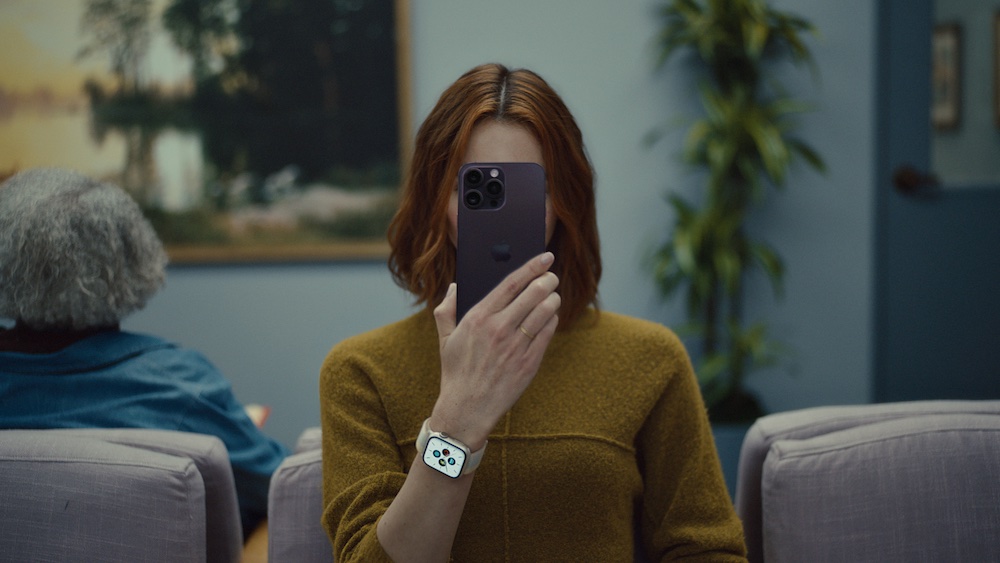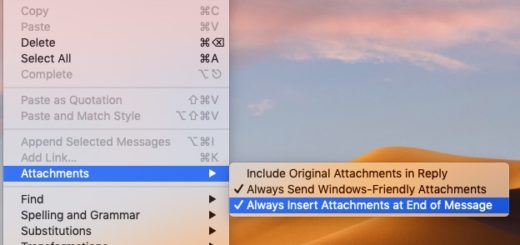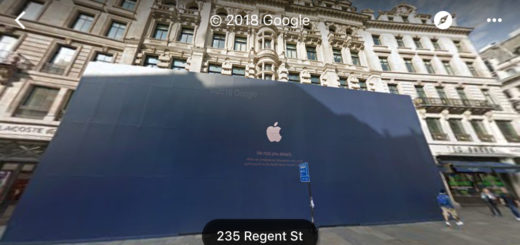Apple’s latest funny video makes a big healthy point

The point of the video is that Apple’s privacy protections protect you.
When it comes to personal health, privacy isn’t just preferable, it’s essential and legally required, argues Apple in its latest white paper concerning how it protects privacy in its health-related products. Cupertino has also published an amusing video ad to explain why privacy matters so much.
Your health is your own business
If you’ve been paying attention, you’ll note that Apple has created quite an extensive health-focused ecosystem. Apple Watch, Fitness+, the Health app and HealthKit all represent a company building out essential foundational technologies that will and, in some cases, already do nurture digital health. These foundations mean the company already gathers over 150 different types of health data from across its ecosystem, information which provides detailed and extensive insight into personal health.
But while the intention is good – to augment people’s health by providing better insight and informing better decisions – the reality is that the accumulation of this data can also become a target for abuse of that information. This is why Apple is so focused on privacy in health, and why it has published the white paper.
What the white paper explains
Apple’s ‘Health Privacy Overview’ is the company’s latest attempt at explaining how the Health app and HealthKit are designed to protect privacy. Published May 24 at the same time as a short pro-privacy video, the white paper really seems designed to reinforce arguments Apple has made before. It also works to reassure users that their most personal data is safely kept by the company, reinforcing that it has designed its products with privacy at the core.
The central argument is that with a little ingenuity it is possible to provide genuinely life-enhancing services such as Health without hoovering up vast quantities of personal data or financing the business plan by selling that information to shadowy third party data brokers.
Apple’s four principles of data privacy
The white paper explains the central principles Apple follows to help it achieve this:
- Data minimization to reduce the amount of information required.
- On-device processing, which means the information that is used does not get exposed to potential exfiltration on the journey to cloud servers/
- Transparency and control, which is why Apple publishes white papers like this and continues to give users tools they can use to check and manage the data they do share.
- Security, particularly the use of end-to-end encryption (until governments foolishly ban encryption and all hell breaks loose).
- Third party apps can only access this information when a user agrees they can do so, and those apps must also have clear ways to revoke consent or delete data. The information they gather cannot be sold or used for ads.
Data protected by HealthKit — other than Medical ID — is encrypted and inaccessible by default on-device when locked with a passcode, Touch ID or Face ID. Additionally, when two-factor authentication is enabled and Health app data syncs to iCloud, it’s encrypted end-to-end.
Please follow me on Mastodon, or join me in the AppleHolic’s bar & grill and Apple Discussions groups on MeWe.



